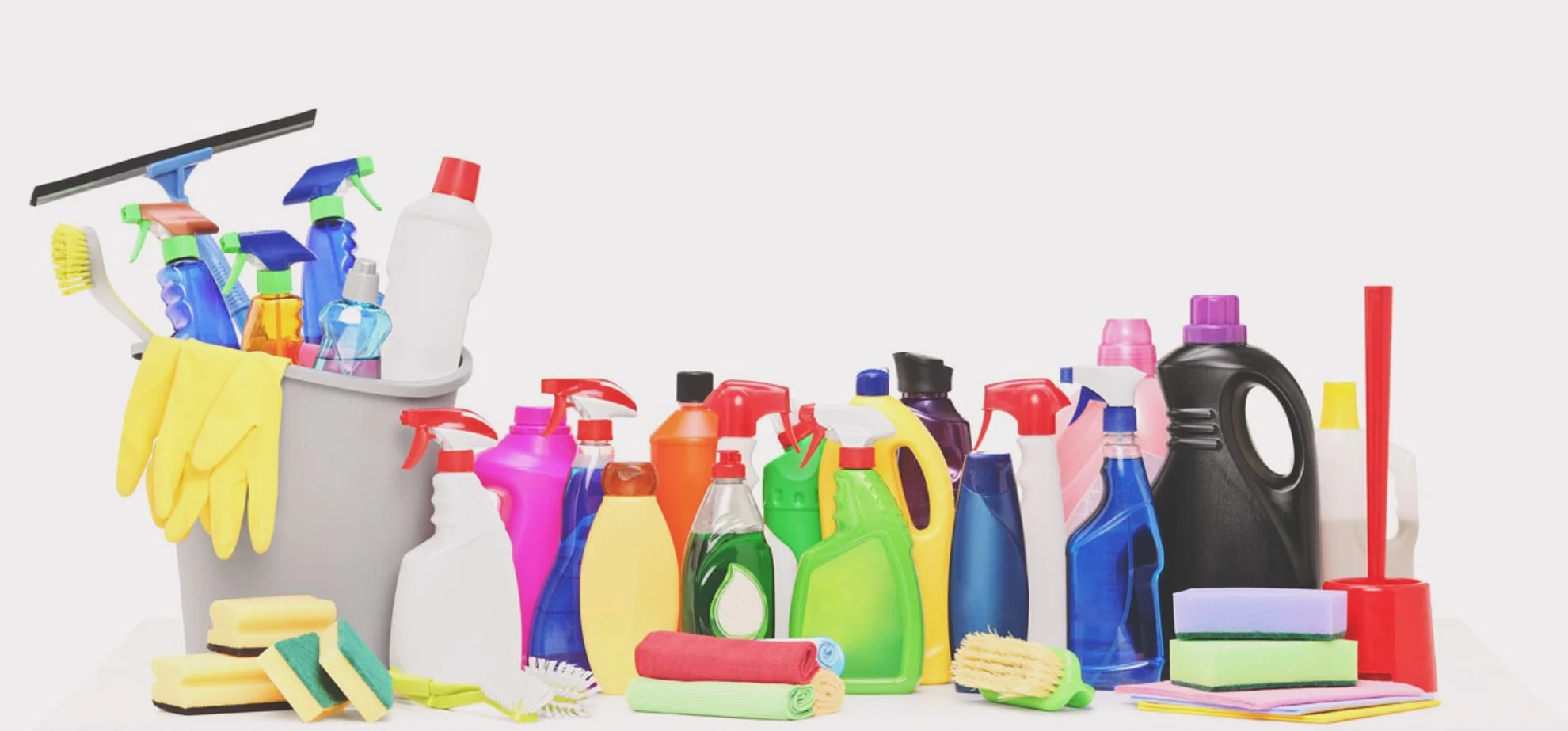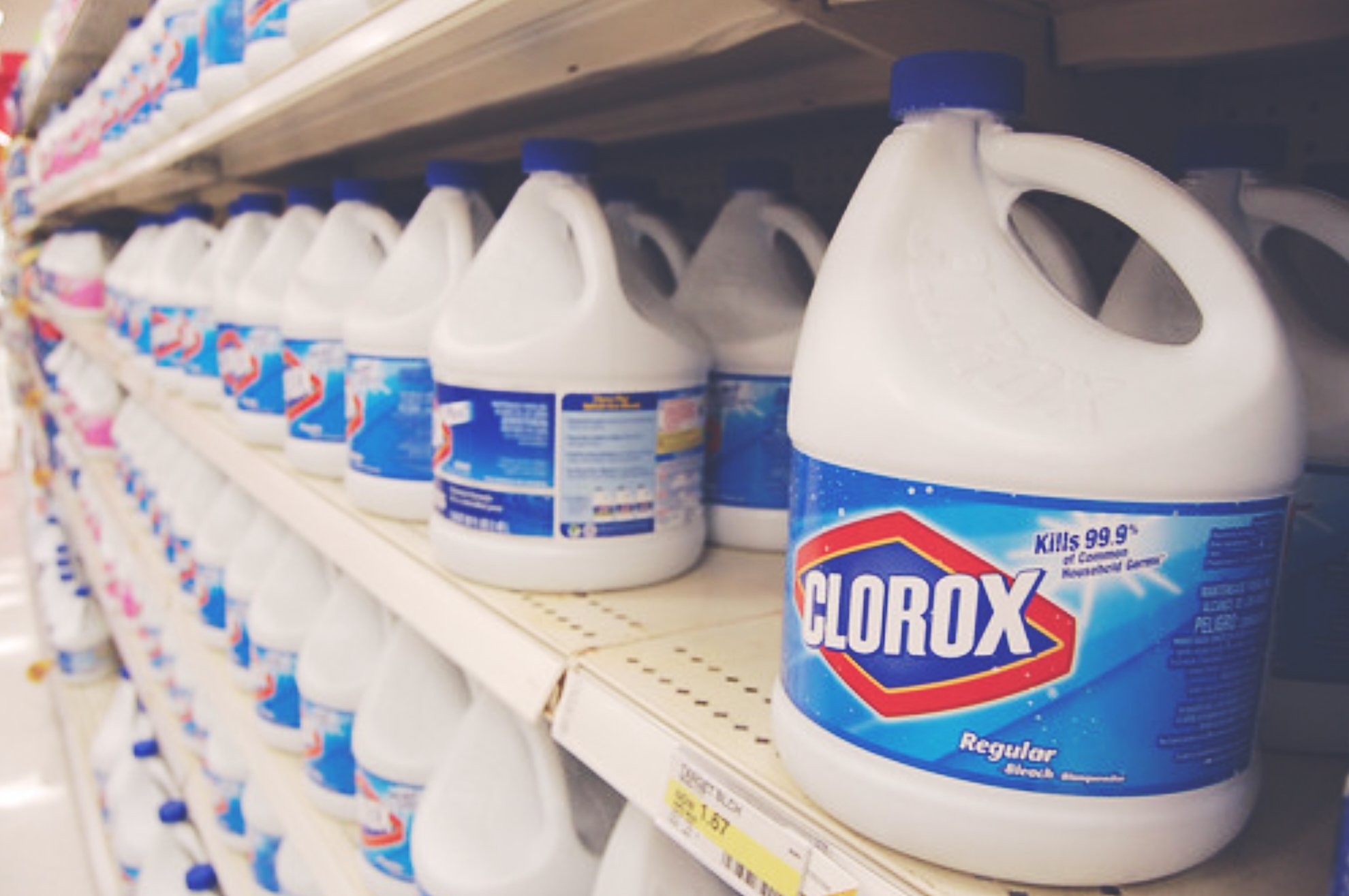#13 Household Plastics
Did you know that plastics are made from petroleum? Or, that single-use food plastics aren’t the only plastic problem we are facing? Hundreds of household products are sold in plastics. From makeup and beauty supply products to household cleaning supplies – our homes are being overrun by plastic. By bringing awareness to the household plastic epidemic, we can help reduce plastic pollution.
Plastics are made from what?
Are you aware that there are over 45 different groups of plastics in circulation today – and within those 45 groups, there are hundreds of varieties? Most household plastic packaging is made from polyethylene and comes in over 1,000 different grades. The majority of household plastics, including toothbrushes, razors, cosmetics, cleaning supplies, hoses, and pipes, as well as plastic sandwich bags and plastic wraps – are currently not biodegradable. Therefore, these plastics will remain in landfills indefinitely. Here is some additional information on the reality of household plastics.
Facts About Household Plastic:
Plastics take up to 1,000 years to decompose in a landfill.
It is estimated that over one billion plastic toothbrushes and two billion razors end up in landfills every year.
120 billion units of plastic packaging are produced for the cosmetic industry annually.
According to the EPA, Americans throw away 1.6 billion disposable pens every year.
Over 550 million shampoo bottles are thrown out every year.
Over 2 billion lighters are sold annually, with the majority ending up in landfills.
Cardboard packaging from the cosmetic industry contributes to the loss of 18 million acres of forest every year.
How Can I Make An Impact?
Action 1: Global Goodness
Make the switch to bamboo or eco-friendly products. Toothbrushes, razors, and even pens can be found made of bamboo or other eco-friendly materials.
Support cosmetics companies that are reducing their carbon footprint. Many companies are working to reduce their plastic packaging.
Read your labels to find out what is lurking in your products. Many cosmetics contain numerous chemicals that are not only harmful to the environment – they are harmful to your health.
Action 2: Planet Protector
All of Action 1.
Make the switch from lighters to matches.
Ditch your plastic floss and toothpaste containers. Instead, research companies that use paper or biodegradable packaging.
Halt the use of plastic disposable floss pickers entirely.
Reduce your plastic shampoo, soap, and conditioner consumption by buying glass bottles and refilling them at local refill stations. You can typically find refill stations in local co-op grocery stores or specialty grocery stores.
Action 3: Earth Angel
All of Actions 1 & 2.
Recycle your razors. Gillette is offering a recycling program to return your disposable razors. They even pay postage. Click Here!
Make it yourself. Do you know how easy it is to make your own cleaning supplies, lotions, toothpaste, and hair care products? Search online for easy How-To Videos. You will not only save money and plastic – but you will be consuming healthier products that are void of chemicals and stabilizers.
Take the natural approach. Reducing our cosmetic and beautification routine saves the planet, saves you money – and gets you in the habit of loving your natural self even more.
Choose to be an Ambassador for Change, and always Spread Love and Spread Light.


